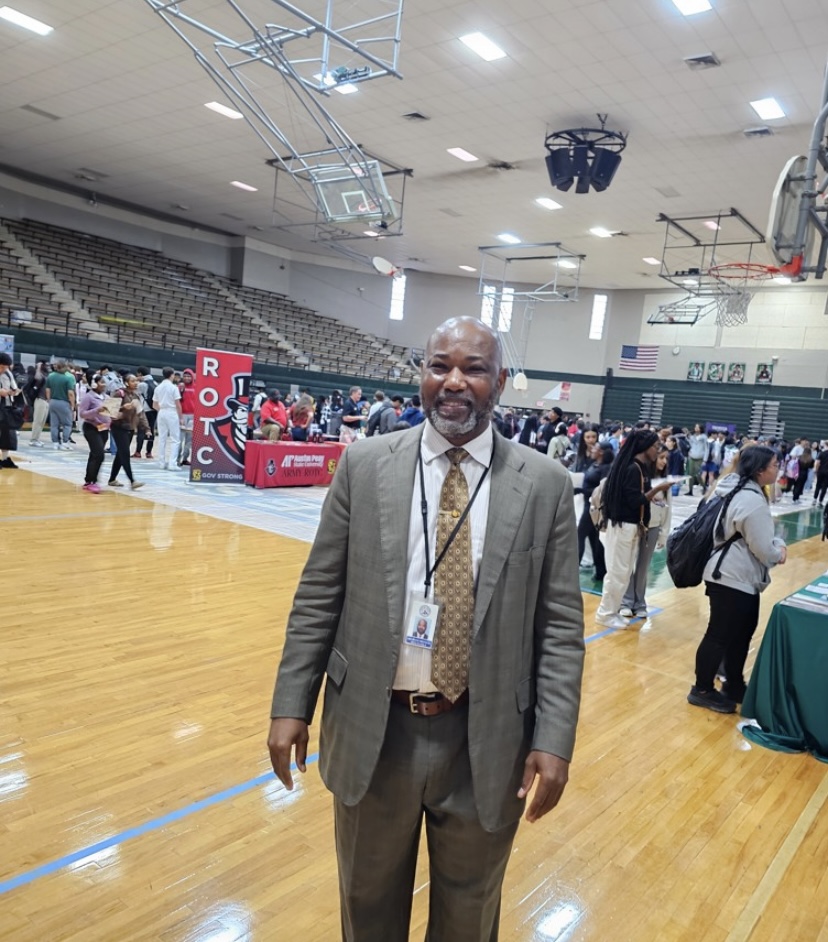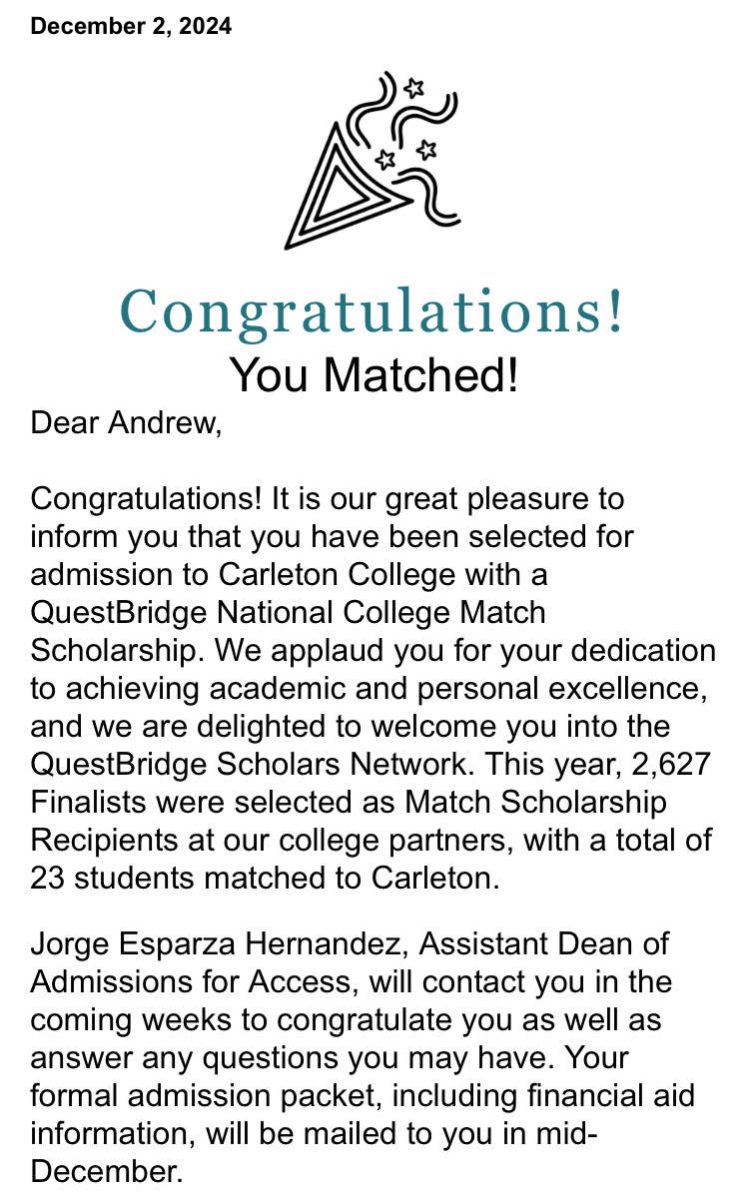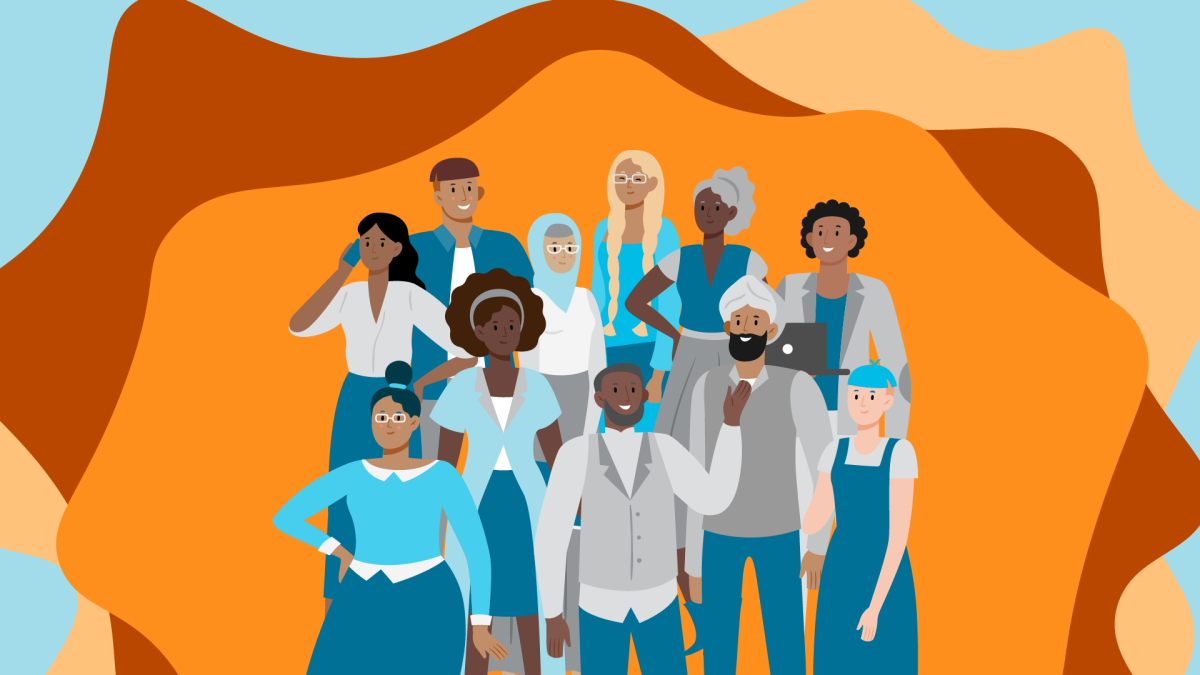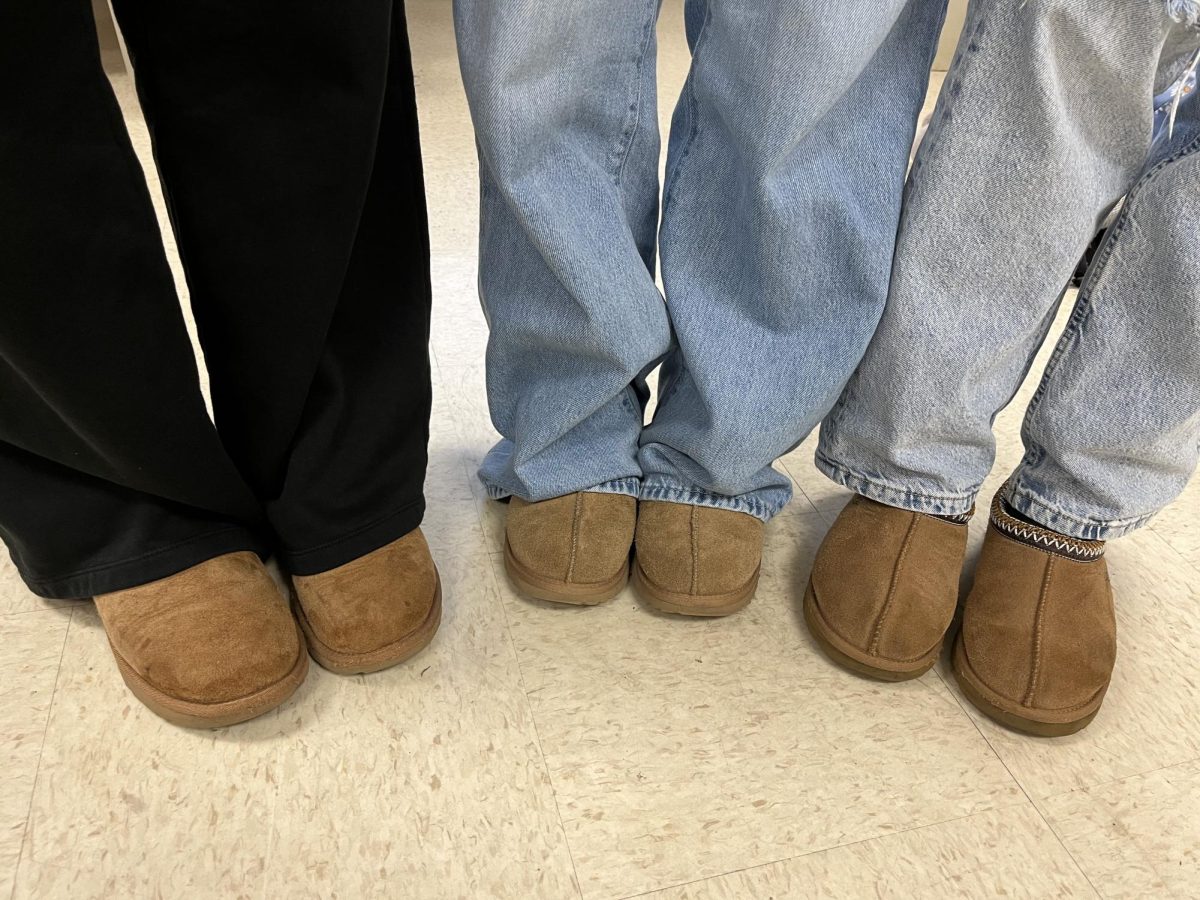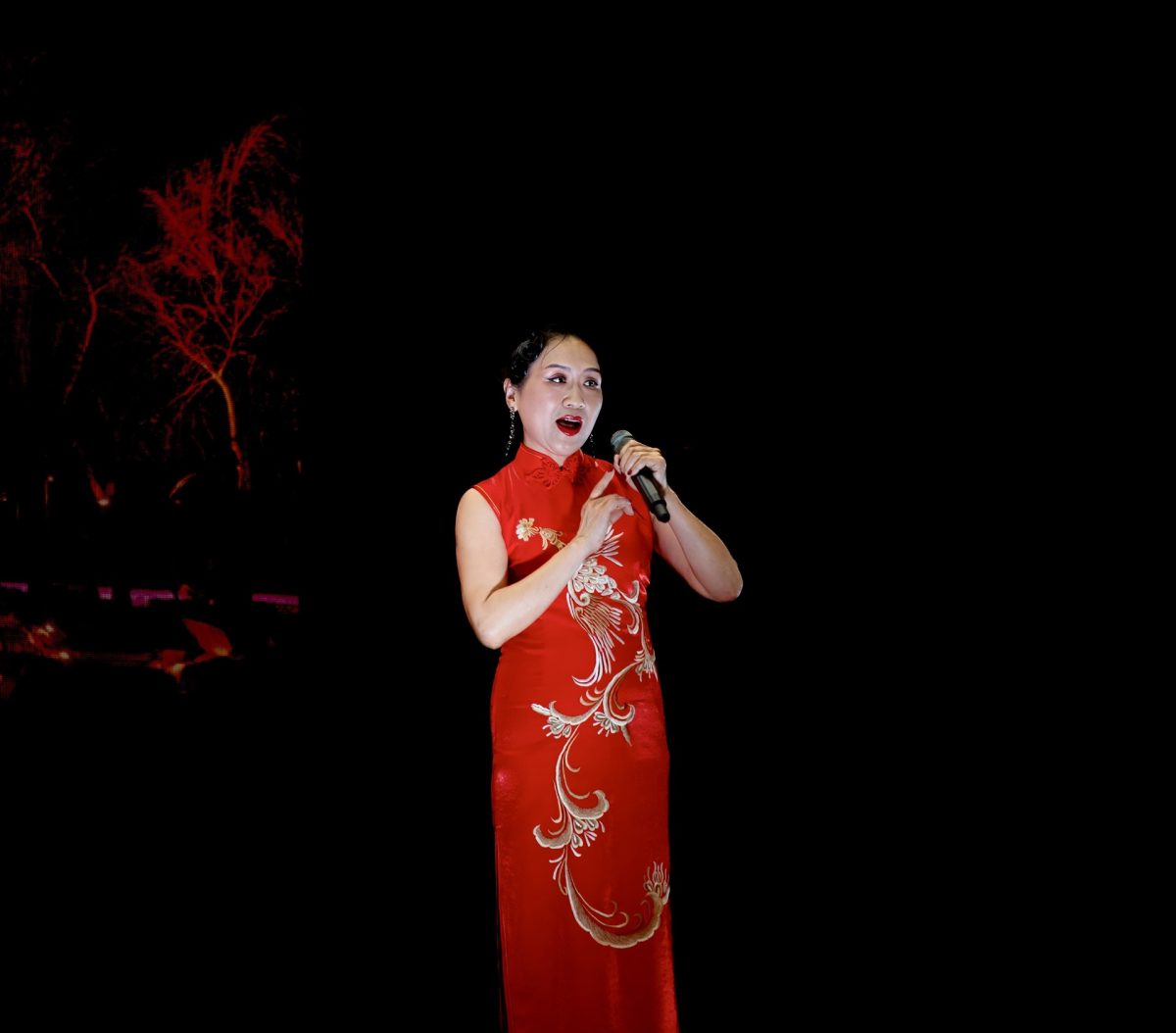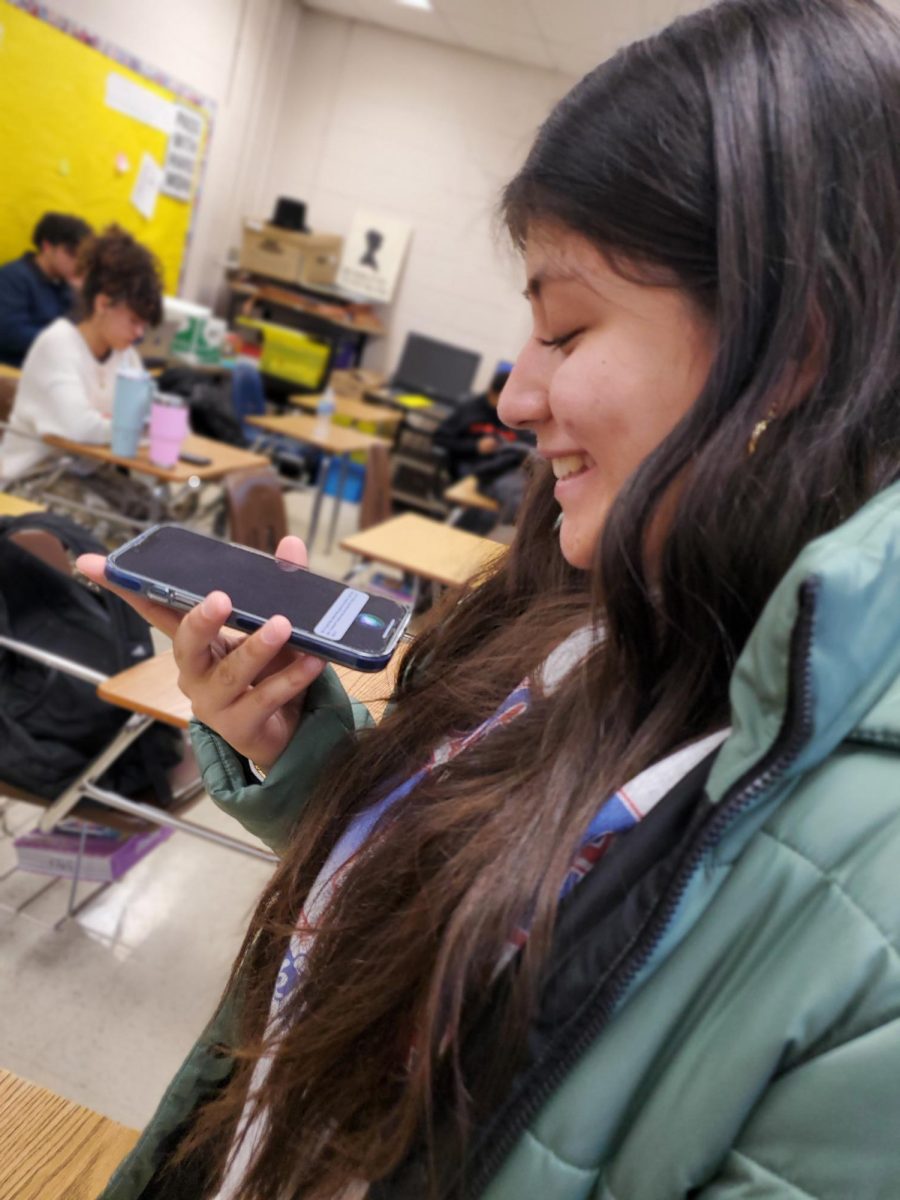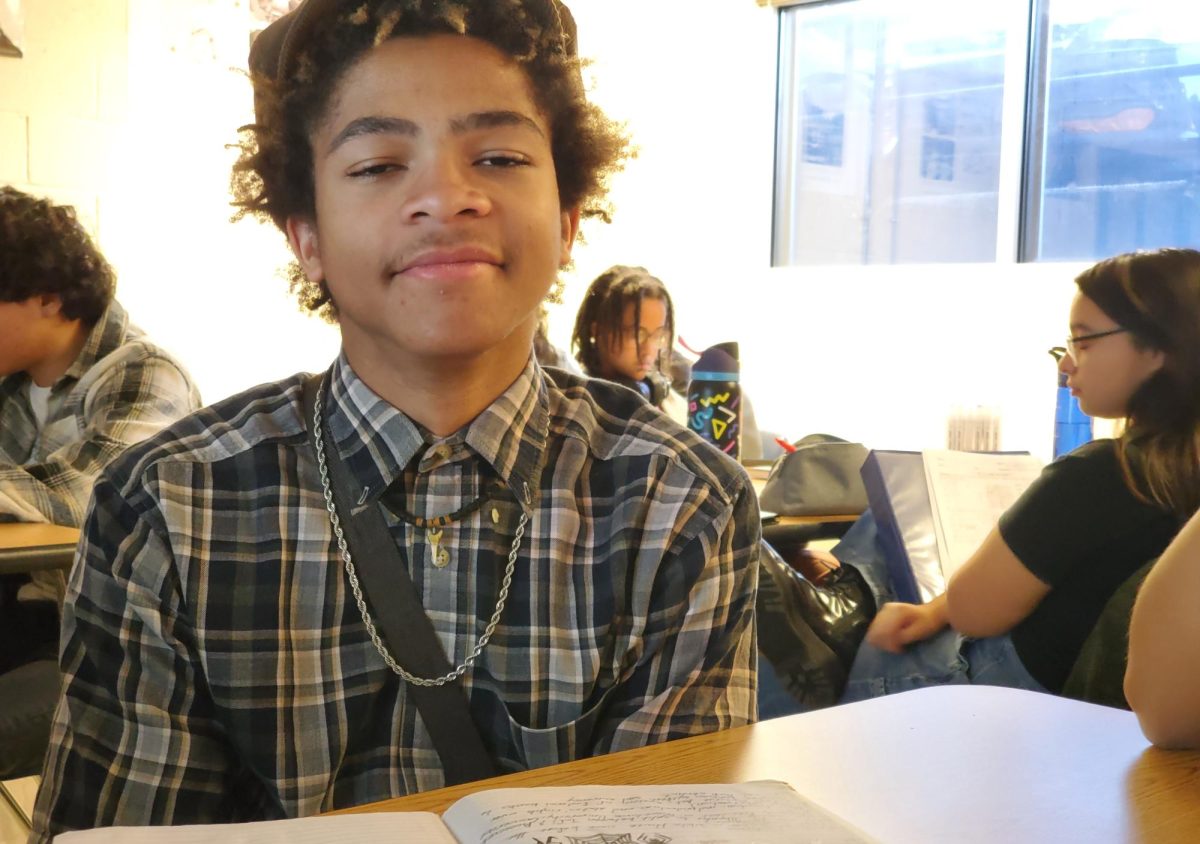Like any other day, you log into your email but spot a subject title labeled, “College Admission: Status Update.” Thump, thump, thump. You sign into the college portal and take a deep breath as you hover over the button with your cursor. It has all led up to this, right?
Along with senior-specific events like prom and senior skip day, the college admission process is also an experience that is unique to high school seniors. As graduation nears, many students are faced with the question of what they plan on doing for the next few years. While some may enter the workforce or enroll in a trade school, for those who plan on going to college, the college admissions process can bring a mix of emotions and uncertainty.
“I was really happy [when I got my acceptance letter],” Sunny Cui (12) said. “I was really excited because I didn’t think I was really expecting to get [into Cornell University]. But yeah, it was a really good surprise.”
Students can spend hours researching and applying to schools to find the “right” college or university for them. Especially when students will spend their next four years at a college possibly away from home, it is important for some to find the right balance between various aspects of a school such as campus culture, majors and location.
“I think that debate — my love for policy — and music are both really big parts of my life,” Catherine Cheng (12) said. “Yale [is] the only Ivy [League school] with a music school. Even with super, rigorous academics, like the reputation that they have, [Yale] still put[s] a lot of emphasis on community and [bonding with your] friends.”
While applying as either an Early Decision (ED) or Restrictive Early Action (REA), the application prevents students from applying to another school through the same type of decision plan. ED legally binds a student to that school upon acceptance, whereas REA allows a student to apply early to only one school without being legally binded. Through ED, Cui was admitted to Cornell University’s College of Human Ecology.
“[The College of Human Ecology] was one of the smaller colleges which I liked and it had a major that I wanted to do,” Cui said. “Human Biology, Health, and Society … combined the three things that I am interested in … [Applying through ED] had a higher … acceptance rate … like a higher chance of getting in.”
While applying as an ED or REA applicant gives the student a higher acceptance rate, programs like QuestBridge help “support high-achieving students from low-income backgrounds” by “matching” the program’s partnered schools with its finalists. Similar to Common App and Coalition App, QuestBridge includes a general application, for all applicants, and supplementals that are specific to the schools the finalists rank. Through the QuestBridge College Prep Scholars and National College Match program, Andrew Yount (12) is able to attend Carleton College in the fall with QuestBridge covering the full cost of attendance including tuition, housing, books and travel.
“My friend introduced me to QuestBridge, and I really didn’t want to put a financial burden on my family,” Yount said. “So, I wanted the full scholarship — just [for] college.”
Whether it is through QuestBridge, Common App or directly through the college’s application portal, applying to college is a tedious process. From meeting deadlines to crafting essays that reflect their experiences, some students dedicate countless hours to ensure that their applications stand out.
“I think … my extracurriculars [helped my application stand out],” Yount said. “ROTC probably helped me stand out as a leader … and another part is my essays [and supplementals].”
On top of juggling homework and extracurriculars, managing college applications can be overwhelming for students. However, starting early can alleviate some of the stress.
“Start earlier [than you think you will],” Cui said. “You don’t have to start super early, but maybe before the school year starts. Like in the summer, just start writing your personal statement because you always need to do so many revisions … My essay changed a lot once I edited, so I would say just start early so you can [make] revisions.”







